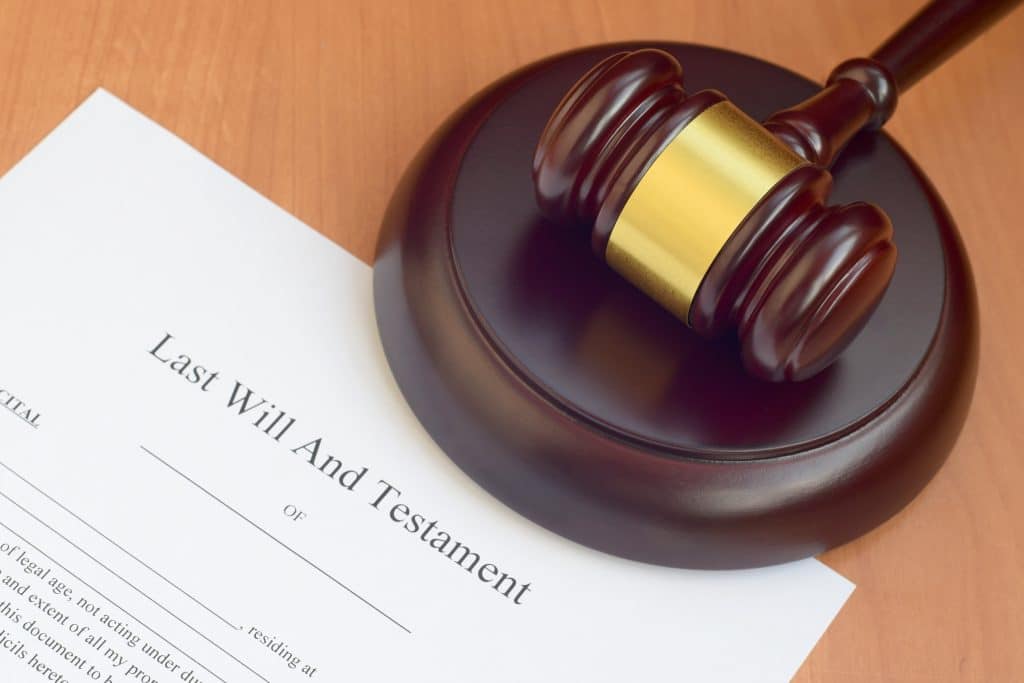
What are the four main grounds for Contesting a Will
There are four main grounds to legally contesting a will, which include the following:
- The will is not valid
- The deceased lacked sufficient capacity when the Will was written or amended
- Fraud
- Undue influence was involved when the deceased made their will.
If you have any concerns in relation to the validity of a will of a deceased person, then it is possible to enter a ‘caveat’ at the Probate Registry. This in turn will stop a Grant of Probate from being issued. This will then give you time to raise any concerns you have about the Will before the administration of the Estate is dealt with.

A will shall only be valid if:
A) It is written, and signed by the testator or another person who is in their presence and doing so upon their request.
B) It is apparent that the testator’s signature was given to give effect to the will.
C) The signature is witnessed by at least two witnesses who also provide their signatures to show that they have witnessed the testator’s signature.
D) The other grounds which will be discussed can also contribute to the ground that the will is not valid.

When a person is deciding to enter into a will, they must be of ‘sound mind’ when it is created and signed. This means that:
A) They must understand the nature of making a will and the effects that this will have.
B) They must be aware of the extent of their property and how this will be disposed of.
C) They must not have any condition or disease which alters their mental ability to an extent which means that they did not have a sufficient level of understanding when deciding how their estate will be distributed.
If you doubt that a testator had sufficient mental capacity when drafting their will, you will need to prove that this was the case. You can apply to have the testator’s medical records to be assessed by a court in order to challenge the validity of a will.

If you believe that the person who made the will did not in fact sign it and that someone else has signed it on their behalf, then it is possible to challenge the will. You can look into this further by instructing an expert to look into the usual signature of the deceased compared to the one on the will.

If you believe that the deceased has been forced into nominating certain people into their will against their own intentions, you can challenge the will.
As with all claims, you will need to provide substantive supporting evidence in order to prove that the will is not valid.
If you are considering the option of contesting a will it is important to act quickly and seek legal advice. Here at Freeman Jones we are experts in dealing with contesting wills and will be happy to speak with you.
Contesting A Will FAQs
-
Wills are typically contested by the surviving spouse, children, or other dependents who were financially supported by the deceased. Beneficiaries of a will or someone owed money by the deceased can also contest a will.
That said, anyone with a beneficial or potential beneficial interest in the estate of the deceased, or who feels they have a valid legal claim, can contest a will.
-
- Witness statements
- Helpful documents
- Medical evidence
Related Articles




Book Your Free, No-Obligation 20-Minute Consultation Today!
"*" indicates required fields
